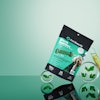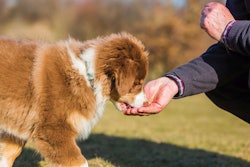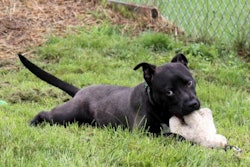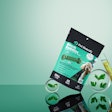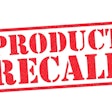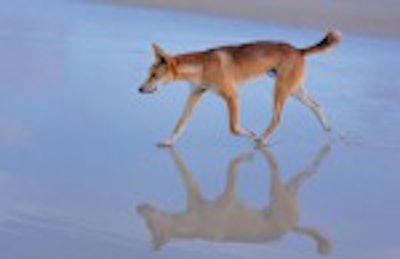
Following more than 100 cases of megaesophagus in dogs correlated with a specific pet food brand, the Australian Senate opened an inquiry into the country’s pet food regulations. The inquiry committee released their recommendations on October 16 in the report, “Regulatory approaches to ensure the safety of pet food.”
Currently, Australia’s pet food industry has no legally mandated recall system overseen by a government agency. Likewise, pet owners have no means by which to report issues with their animals’ food to the government.
The Senate inquiry committee made several recommendation in the report, including:
- Free, uninhibited access to the regulations regarding pet food, the Australian Standard for the Manufacturing and Marketing of Pet Food (AS5812:2017), which currently costs approximately AUS128.19
- Improvement of those regulations to include specific requirements for feeding trials and other testing prior to pet food sale, as well as mandatory labelling standards that detail all ingredients including preservatives, additives, and which disclose heat, irradiation or other treatments to the product
- Developing a national pet food manufacturing and safety policy framework, and review a process by which to make these policies mandatory
- Improve data collection by the Australian Veterinary Association and Australian Competition and Consumer Commission (ACCC) using the PetFAST system.
- Establish a system for consumer reporting on the ACCC Product Safety Australia website, to enable people to lodge complaints and concerns associated with pet food.
- Establish a mechanism to investigate adverse pet food events and develop a complementary education campaign to raise awareness of the adverse pet food reporting, investigation and recall regime.
Mars Petcare supports regulation of Australian pet food
Mars Petcare officially stated their support for pet food regulation in Australia. The dog and cat food company’s support for federal oversight come after Mars Petcare Australia voluntarily recalled ADVANCE Dermocare dry dog food products from the Australian pet food market after numerous dogs were affected by megaesophagus.
Starting in December in Victoria, nine police dogs, including one who was euthanized, were affected by megaoesophagus, an enlargement of the esophagus, reported SBS News. One common factor among the dogs was the ADVANCE Dermocare dry dog food. As of June 6, the number of cases had climbed higher than 100.
Megaesophagus in dogs
Megaesophagus is characterized by generalized enlargement of the muscular tube leading from the throat to the stomach, the esophagus, according to Pet MD. The enlargement is associated with decreased or lack of movement by the esophagus, which reduces the animals ability to move food and liquids into the stomach.
Symptoms of megaesophagus include:
- Regurgitation
- Aspiration pneumonia
- Vomiting
- Cough
- Nasal discharge
- Increased respiratory noises
- Weight loss
- Extreme hunger or lack of appetite
- Excessive drooling
- Bad breath
- Poor growth
Dogs are more prone to megaesophagus than cats. Certain dog breeds suffer from the condition more frequently. For example, Wire-haired Fox Terriers and Miniature Schnauzers may be born with the problem. German Shepherds, Dachshunds, Great Danes, Irish Setters, Labrador Retrievers, Pugs and Chinese Shar-peis may be more prone to acquiring the disease.


